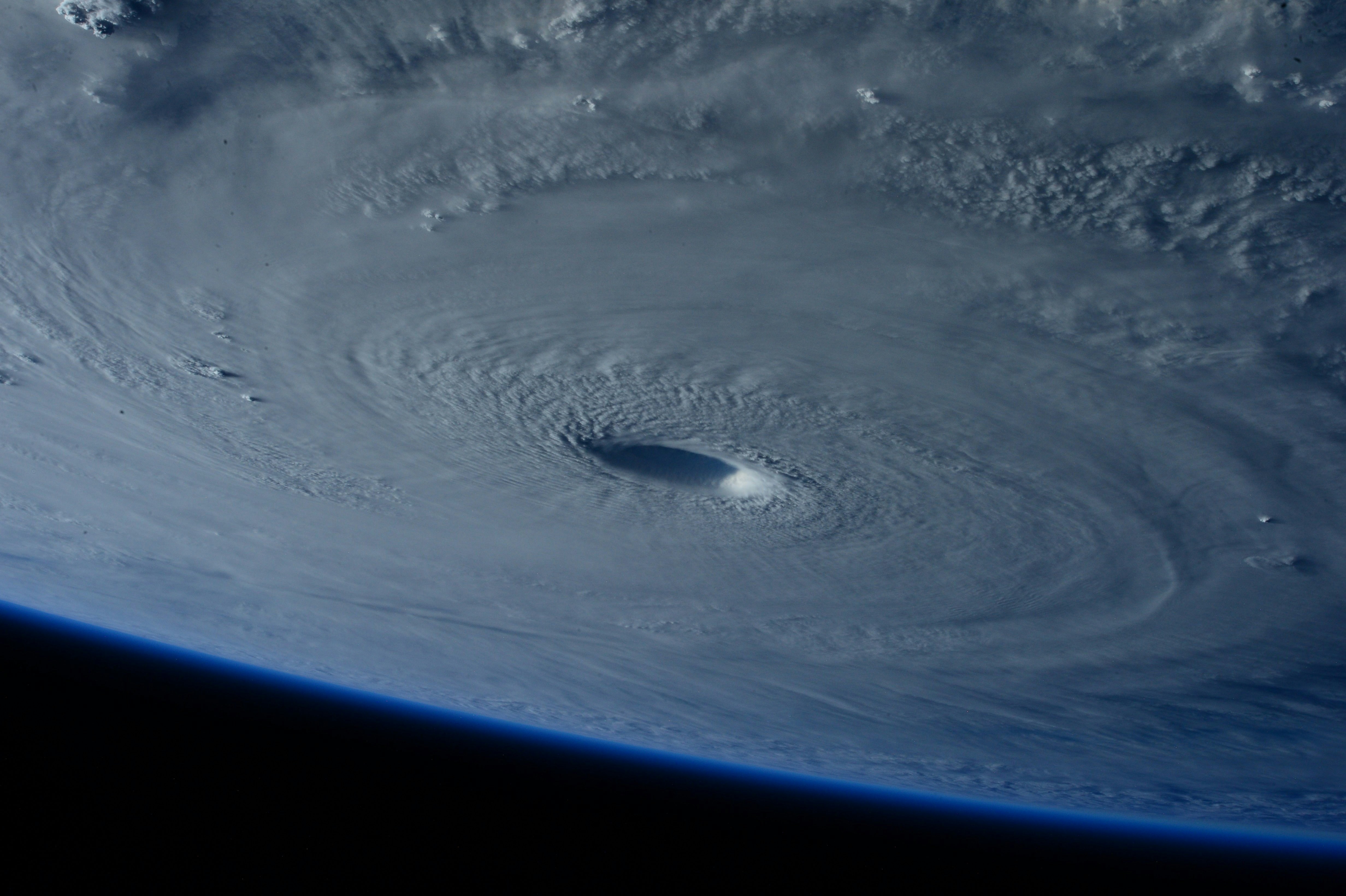Understanding the Psychological Impact of Hurricanes
Hurricane season can bring more than physical damage. The psychological impact of enduring a storm, or even the anticipation of one, can be substantial. It’s crucial to understand how these experiences affect mental health and the importance of support systems during such challenging times.
The Emotional Toll of Hurricane Season
The uncertainty and potential devastation associated with hurricanes can lead to a range of mental health issues. Anxiety, stress, and depression often spike as the season approaches. Constantly watching weather updates, fearing for personal safety, and the stress of evacuations can trigger emotional distress.
Research indicates that the mental health effects can linger long after a hurricane has passed. Survivors might experience PTSD, especially if they have witnessed or experienced life-threatening events. To address these issues, communities and individuals should prepare not just physically, but also mentally.
Building Resilience: Key Strategies
Building resilience is essential in managing mental health during hurricane season. Here are some practical strategies:
1. Stay Informed, Not Overwhelmed
While it’s important to stay informed about impending storms, it’s equally important to avoid information overload. Limiting exposure to distressing news by setting specific times for updates can help maintain a balanced mental state. Websites like Ready.gov offer helpful preparedness tips without sensationalism.
2. Develop a Strong Support Network
Having a robust support network can greatly alleviate stress. Connecting with family, friends, or community groups before, during, and after a hurricane can provide emotional stability. Share information and resources, and keep open lines of communication to strengthen these relationships.
3. Utilize Community Resources
Many communities offer resources such as counseling services, support groups, and workshops focused on resilience building. For Florida residents, engaging with local organizations like HelpNow can provide access to valuable mental health resources and emergency training courses like our CPR training for the workplace.
Practical Tips for Managing Stress
Managing stress effectively is crucial for mental health during hurricane season. Incorporating these practical tips into daily life can make a significant difference:
1. Practice Mindfulness and Relaxation Techniques
Mindfulness, meditation, and deep-breathing exercises can significantly reduce anxiety. Setting aside time daily for these practices can provide relief from stress and improve overall mental health.
2. Establish a Routine
Maintaining a routine can provide a sense of normalcy amidst chaos. Regular activities like exercise, reading, or hobbies can offer distractions from the stress and help keep spirits high.
3. Seek Professional Help
For those experiencing severe anxiety or depression, seeking professional mental health support is crucial. Therapists and counselors can provide personalized strategies and coping mechanisms. Many insurance plans cover mental health services, and telehealth options are increasingly available for convenience.
Conclusion
Preparing mentally for hurricane season is as important as any physical preparation. With the right strategies and resources, individuals can protect their mental health and emerge from the season with resilience. By leveraging community support and accessing professional resources, we can better weather the emotional storms that hurricanes bring.
Join us at HelpNow to find more resources on mental health and disaster preparedness. Visit our blog for insights and updates on hurricane preparedness and support, and consider donating to support our continued efforts in aiding communities through training and resources.

